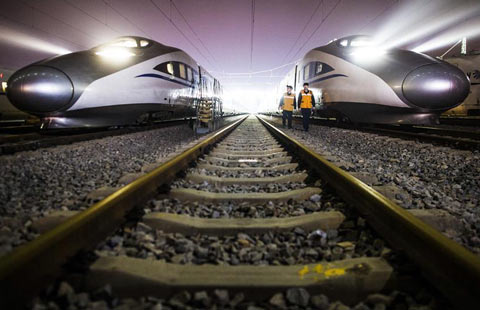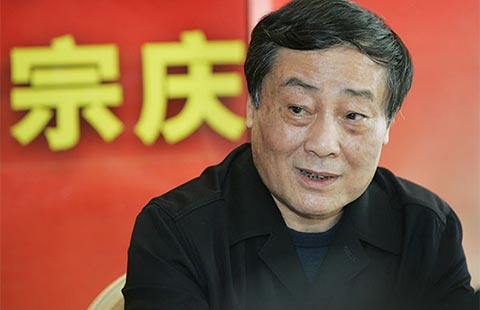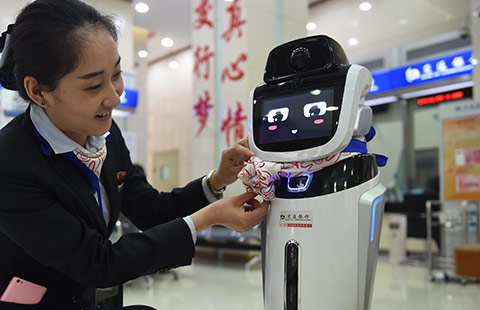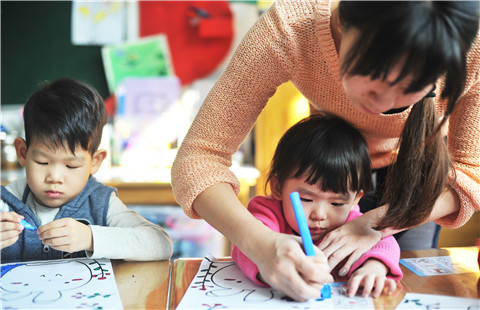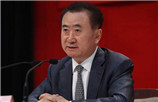Experts confident in growth objective
By Li Yang (China Daily) Updated: 2016-03-10 07:37
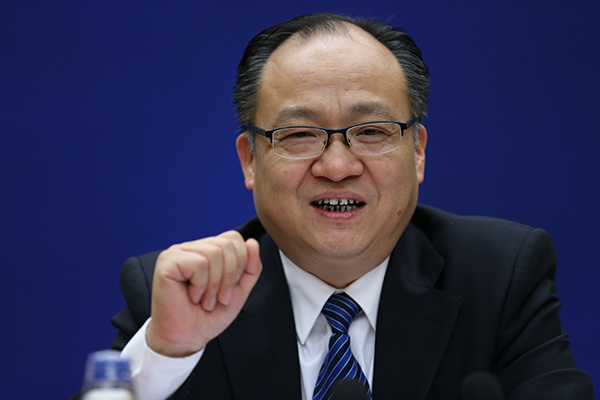 |
|
Huang Shouhong, vice-director of the State Council's Research Office. [Photo provided to China Daily] |
China is confident it will achieve its 6.5-to-7 percent annual growth objective because its economic fundamentals are sound and supply-side reform is well-planned, China's top think tank researchers said.
At a news conference organized by the State Council Information Office in Beijing on Wednesday, Huang Shouhong, vice-director of the State Council's Research Office, and Ma Jiantang, vice-head of the Chinese Academy of Governance, responded to reporters' queries about the Government Work Report.
Huang and Ma were key participants in the drafting of the report, which took half a year and refers to thousands of suggestions from governments at various levels, think tanks at home and abroad, enterprises and individuals.
"Unlike classic supply-side economics that focuses on cutting taxes, China's supply-side reform puts stress on subtraction, which refers to getting rid of overcapacity, excessive stock and deleveraging, as well as addition, which means building institutions to loosen government control of the market and promote innovation, competition and opening-up," said Huang
"As long as enough jobs are created, people's income is increasing and the environment becomes cleaner, the government isn't troubled by temporary dips of the economy."
Huang said some foreign media outlets intentionally exaggerate the potential risks from the slowdown of China's economy.
"China will not resort to overstimulation and the Chinese government still has plenty of tools in its tool cabinet," he said.
Last year, 120 million Chinese traveled abroad, spending more than 1 trillion yuan ($154 billion), and the two figures have continued their rapid rise over the previous year.
"The decline of electricity consumption and volume of railway freight in the country last year show that China relies more on clean energy and the service sector is booming," Ma said.
He said railway transport volume only accounts for 8 percent of the overall transport volume in China, and 50 percent of railway transport capacity is used to ship coal, the main source of emissions, and the heavy chemical industry uses 70 percent of electricity.
"The government's macro-adjustment of the economy shares similar thoughts with the game of Go, in which the winning or losing of one piece is less important than the accumulation of power in a bigger picture," Huang said. "China's supply-side reform focuses more interest on the long run, rather than immediate effects."
- Fendi says time is right for expansion of watch sales in China
- Commerce minister: Growth to remain on firm footing
- Experts confident in growth objective
- Experts confident on real estate in China
- Internet Plus plan a real wake-up call for Chinese companies
- China plans to take high-speed trains as far as California
- Central bank to prohibit illegal lending to homebuyers
- Exports high on Premier Li's agenda

